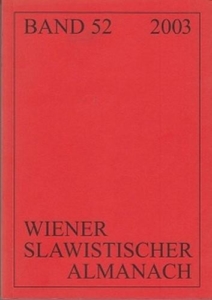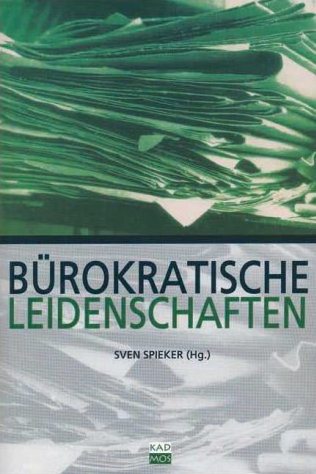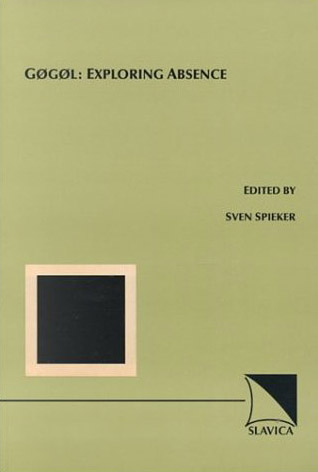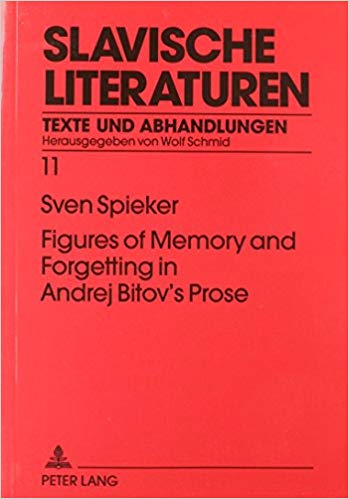Sven Spieker, Art as Demonstration: A Revolutionary Recasting of Knowledge (Cambridge/Mass.: MIT Press, 2024/forthcoming)
This book looks at how artists have wielded demonstration to question the status quo both aesthetically and politically, marshaling art and education as powerful agents of change. Demonstration, in short, says: “See here.” It is the practice of pointing to something in order to explain or contest it. As such, this book argues that demonstration has helped reshape art from the height of the Cold War to the late twentieth century, reformatting our understanding of how art and political engagement relate to each other. Focusing on Western Europe (especially Germany), Eastern Europe, and the United States, Art as Demonstration expands on contemporary discussions of art-as-protest, activism, and resistance. It shows how a closer, more historical look at art’s connection with demonstration reconnects us with earlier efforts, notably by the early twentieth-century avant-garde, to marshal art for the purpose of instruction and engagement.

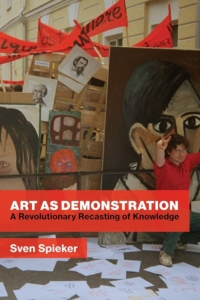
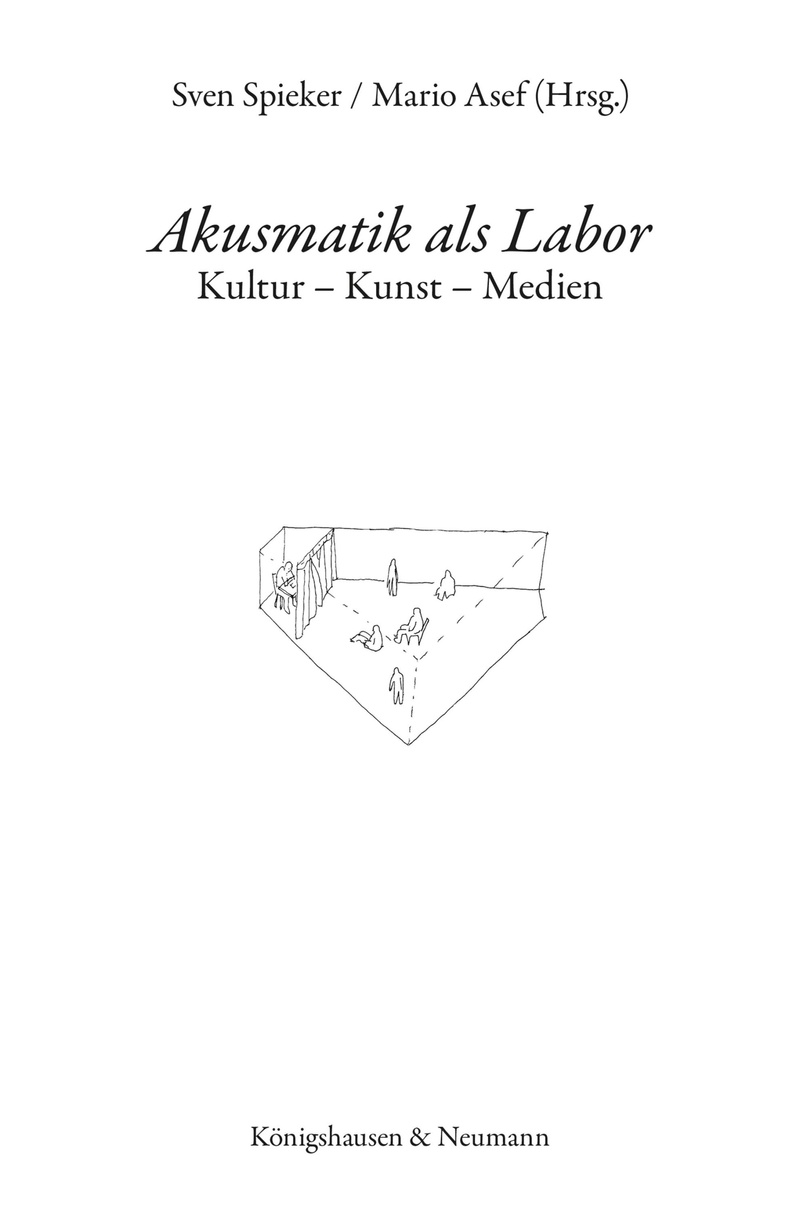
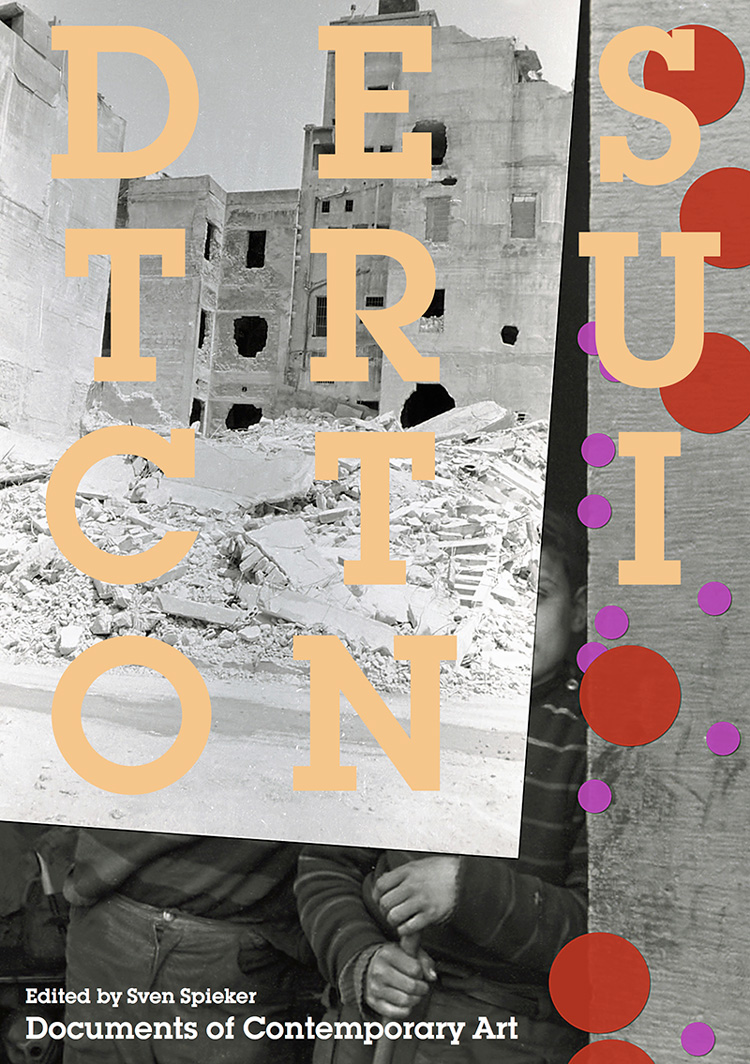
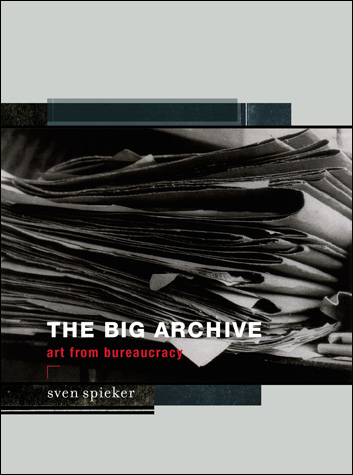
 (Korean Translation)
(Korean Translation)